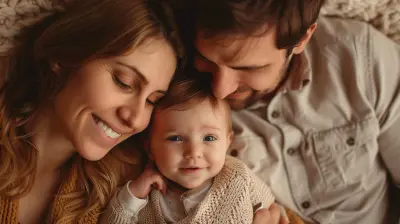Is Your Toddler Ready for Potty Training? Signs to Look Out For
6 June 2025
Ah, potty training — the magical, messy, and oh-so-mysterious milestone that every parent simultaneously dreads and dreams about. If you've ever caught yourself wondering "Is my toddler ready to ditch the diapers?" while balancing them on your hip with a diaper in one hand and a coffee in the other, you’re not alone.
Potty training is a lot like house training a puppy... only with more negotiation, stickers, and the occasional emotional breakdown (usually yours, not the kid’s). So, how do you know if your tiny human is truly ready to mount the porcelain throne and bid farewell to their diaper days?
Let’s wipe away the confusion (pun intended) and talk signs, signals, and sanity-saving tips.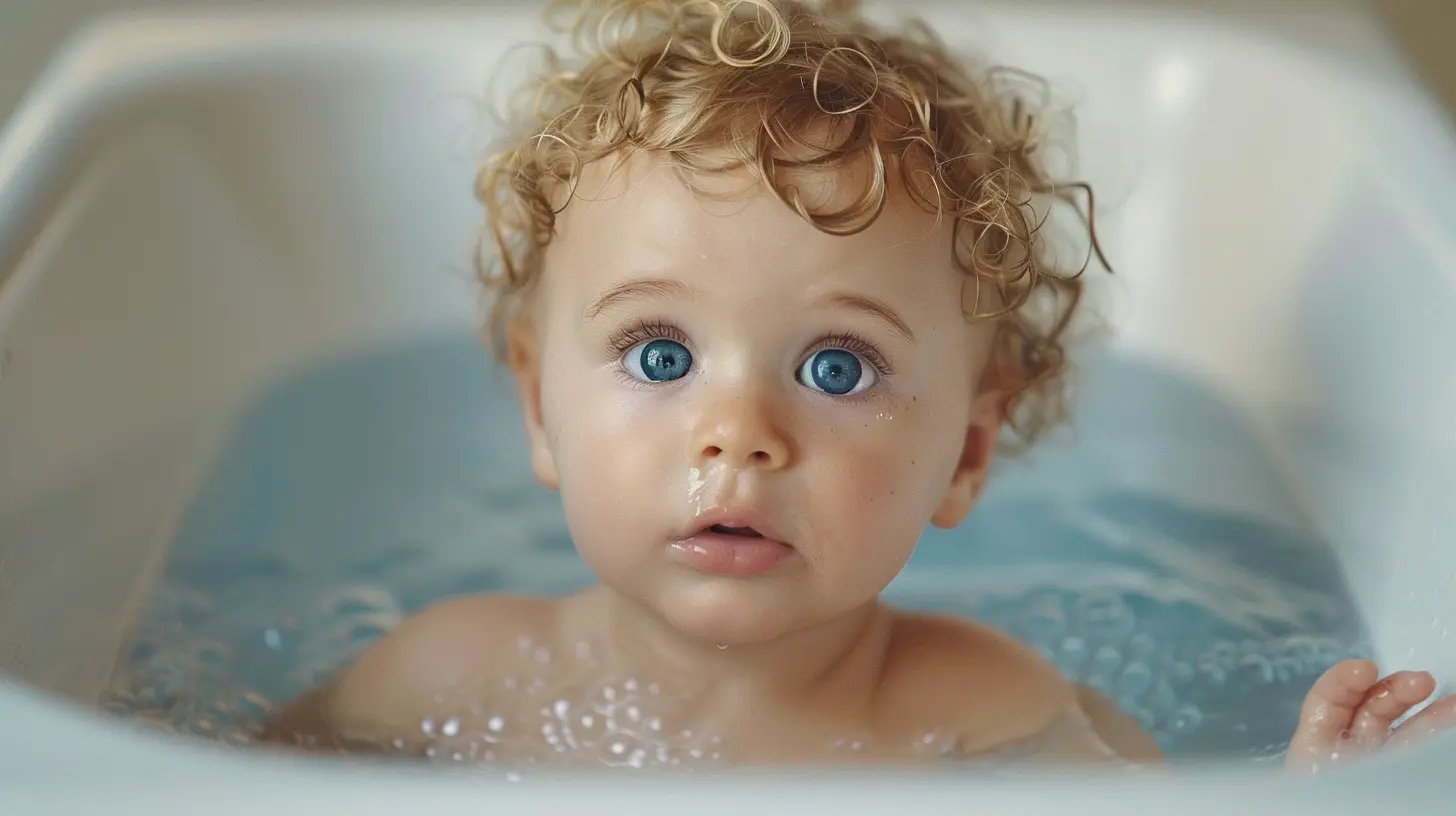
The Great Potty Training Debate: When Is the Right Time?
First things first, there’s no universal age where all toddlers suddenly stop what they’re doing and declare, "Mother, I shan’t be needing these Huggies anymore." (If your toddler says this, please contact Mensa immediately.)Most toddlers start potty training between 18 months and 3 years old. But here's the deal: readiness isn't about age — it's about signs. Trying to potty train a child who’s not ready is like trying to teach your cat to fetch. Sure, you can try, but it's going to get dramatic real fast.
That’s why recognizing the signs of readiness is absolutely key.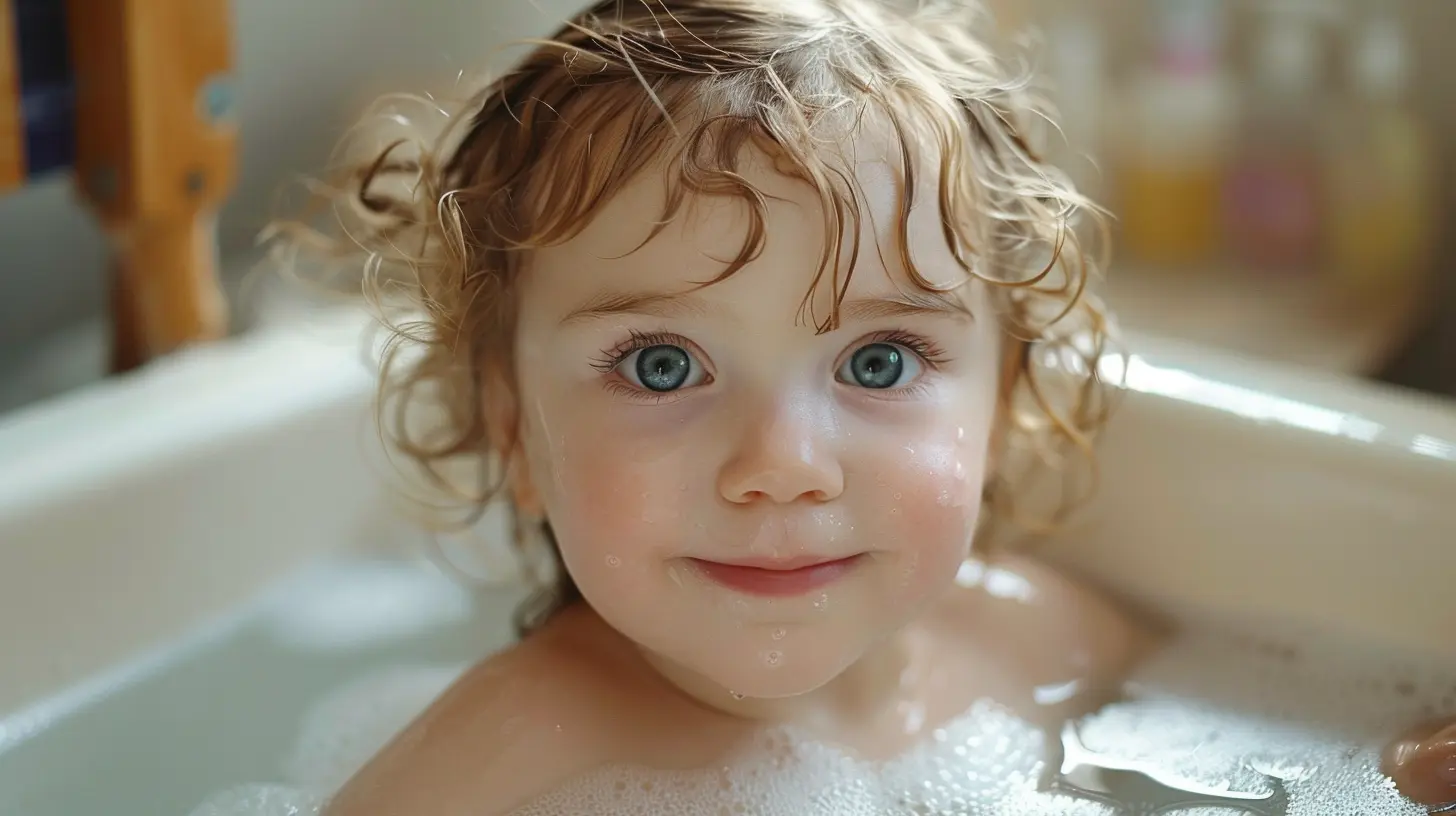
🚽 The Telltale Signs Your Toddler Might Be Ready
1. They’re Dry for Long(er) Periods of Time
You change their diaper after two hours and… gasp, it’s dry? No, this isn’t a diaper miracle. It’s your toddler’s bladder getting stronger, which means they're gaining more control.Staying dry for at least two hours—or waking up from naps dry—is an early indicator that their body is physically ready for potty time.
2. They Can Follow Simple Instructions (When They Feel Like It)
Can your toddler understand phrases like “go get your shoes” or “put the toy down before I step on it for the 87th time”? That’s a good sign. Potty training involves a series of steps: recognizing the urge, getting to the bathroom, pulling down pants, using the potty, and washing hands (yes, all before they bolt out half-nude shouting “I POOPED!”).If they can follow basic directions, you’re one step closer.
3. They Show Interest in Your Bathroom Habits (Awkward, but True)
If your little one is suddenly fascinated by your bathroom breaks (hello, tiny audience), that’s a win! This curiosity is a major indicator that they’re ready to imitate and learn. Sure, it’s a bit weird having an audience while you pee, but hey, parenting is 75% loss of privacy.4. They’re Uncomfortable with Dirty Diapers
Is your toddler tugging at their diaper like it’s a cactus or announcing “I pooped” with the enthusiasm of someone reporting a crime? Discomfort with dirty diapers shows awareness. They’re connecting the dots between what their body just did and how it feels after. That’s a huge milestone.5. They Can Undress Themselves (or at Least Try)
Shoving both legs into one pant hole is a rite of toddler passage. If your child can pull their own pants down (and hopefully back up), that’s a green light. Potty training isn’t just about bathroom use—it’s about independence. And independence starts with the pants. Always the pants.6. They’re Interested in “Big Kid” Stuff
Toddlers love pretending to be grown-ups. Whether it's drinking from a cup or yelling “No!” like a small but sassy lawyer, if your child is showing signs of wanting to be a “big kid,” that includes ditching the diapers.You can use this desire as motivational leverage. “Big kids go potty!” works better than “Please, I beg you, just one poop in the toilet!”
7. They Can Communicate When They Need to Go
If your toddler uses words like “pee,” “poop,” “potty,” or even some very creative versions of these, that’s excellent news. The key is they can express that urge before it’s too late. Whether it's through words, gestures, or a potty-training interpretative dance, communication is vital.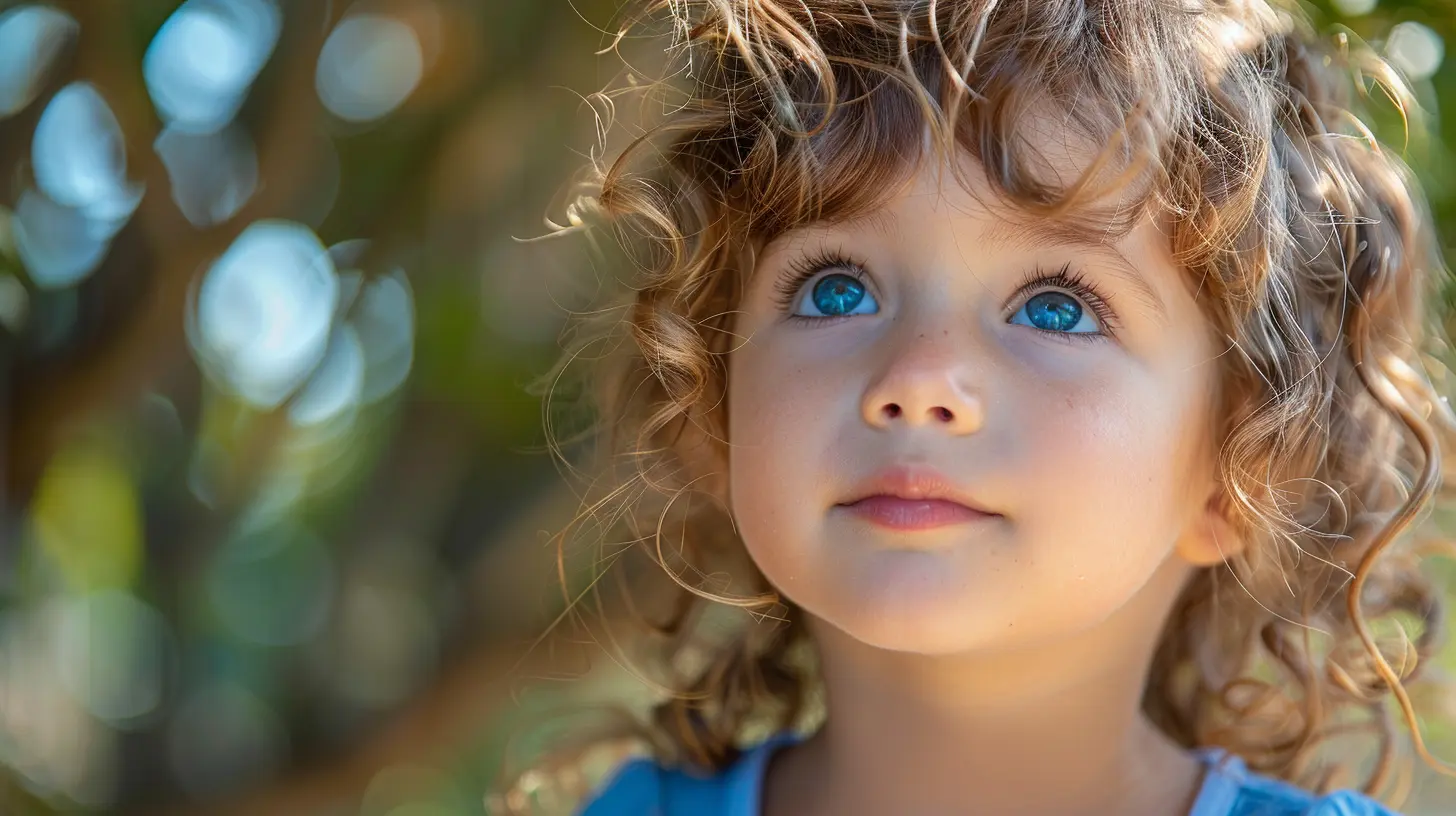
😬 Signs They Might Not Be Ready Just Yet
Not every kid is ready just because the calendar says so or because your neighbor’s toddler got potty trained in a week (with a sticker chart from Pinterest and everything).Here are a few signs to pump the potty brakes:
- They couldn't care less about being wet or dirty.
- They're resistant to change or new routines.
- They don’t show any interest in the toilet, even when bribed with cookies.
- They’re going through a big life change (new sibling, new home, or just being two years old—which is already a full-time job emotionally).
If your toddler shows more resistance than readiness, it's OK to wait a few more weeks or months. Trust us—forcing it too soon leads to frustration... for everyone involved.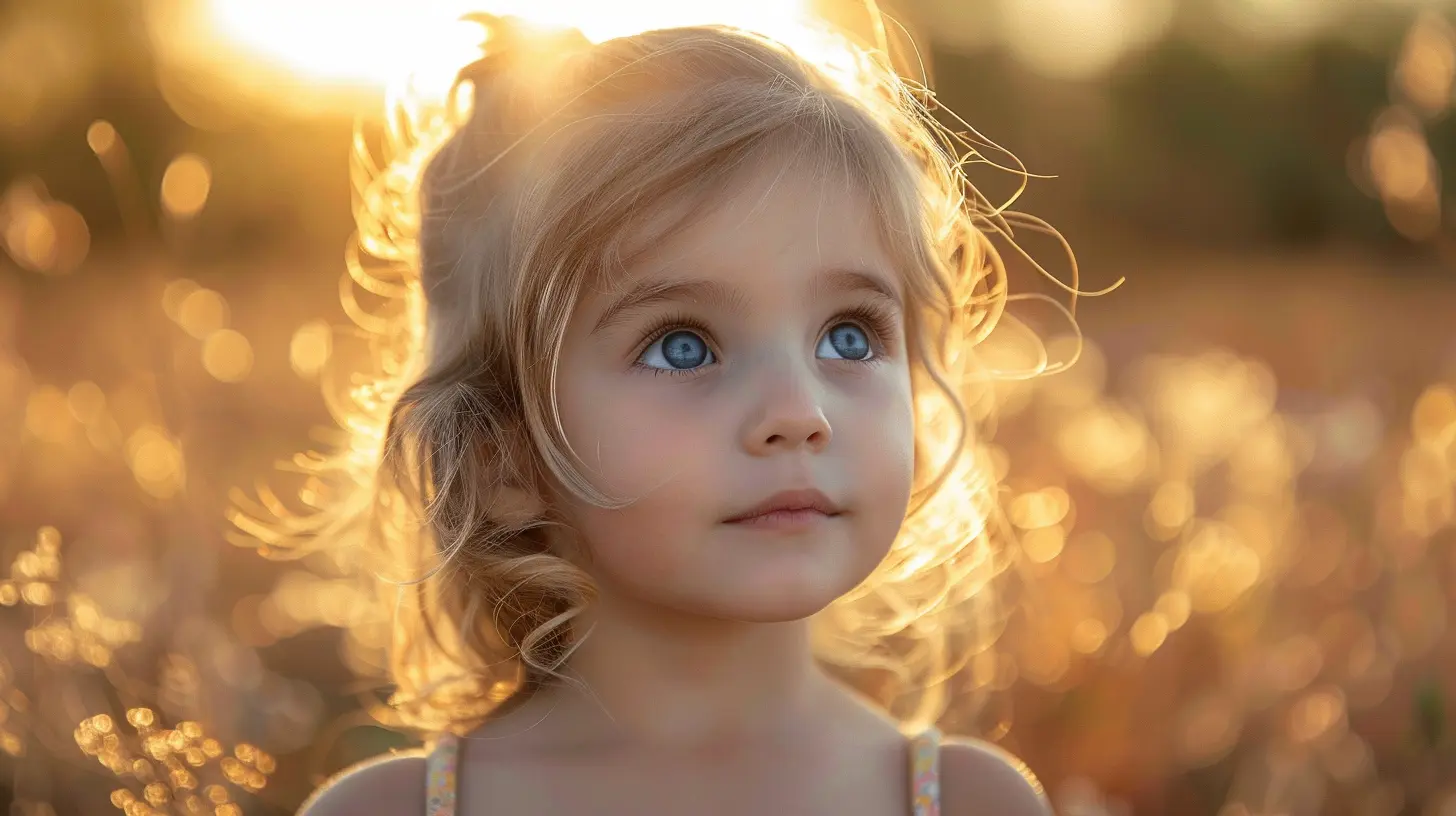
🧻 Potty Training: A Gentle Approach That Won’t Break Your Brain
Okay, your toddler’s showing all the right signs. Fantastic! Ready to dive in? Not so fast. Let’s talk about setting the stage for a successful potty training experience—without losing your mind.Pick the Right Potty
You’ve got choices. There’s the standalone potty seat that looks like it was designed by NASA. Or the one that sings, cheers, and probably does your taxes. Or you can get one of those inserts that go on the actual toilet (you know, the one with the flush that sounds like a rocket launching).Let your child choose their potty, if possible. Ownership = excitement.
Keep It Casual
Start with introducing the potty. No pressure. Let your child sit on it with clothes on. Read books about potty time (yes, there is an entire potty-training literary genre). Normalize it. Make it feel as exciting as a new toy.Create a Routine
Put them on the potty at consistent times: after waking, before bed, or after meals. Consistency builds the habit. (Kind of like how we all “accidentally” scroll Instagram after breakfast. Routine, baby.)Celebrate the Little Wins
Even sitting on the potty is worth a high-five and a happy dance. Every successful bathroom attempt deserves a celebration—just don’t throw a parade for every tinkle, or you'll burn out before the first poop.Don’t Punish Accidents
Accidents are part of the process. When they happen (and oh, they WILL happen), keep calm and carry extra pants. Never scold or shame. Just remind them, “Next time, let’s try getting to the potty a little sooner.” And then proceed to clean up with grace, dignity, and a good sense of humor.🏆 Potty Training Isn’t a Race (But You Can Still Win)
Listen, no one gives out Olympic medals for the fastest potty training (and if they do, we’ve got some questions). Toddlers move at their own speed. Some get it in a few days. Others take months—and that’s totally okay.There will be accidents, regressions, and showers needed in the middle of the night. But there will also be high-fives, proud smiles, and the first triumphant flush. Stick with it, stay upbeat, and don't forget to laugh. After all, you're not just teaching someone how to potty—you’re helping them take another big, brave step toward growing up.
And if all else fails? Bribes. Small, strategic bribes. No shame in the potty game.
Final Flush (See What We Did There?)
So, is your toddler ready for potty training? If they’re showing the signs, and you’re armed with patience, wipes, and an industrial-sized bottle of hand sanitizer, then YES—you’ve got this!Remember, every kid’s journey is different. Some will wear undies with pride before their second birthday. Others will cling to diapers like a comfort blanket. It’s not a race. It’s a rite of passage. And you’re officially the head coach.
So take a deep breath, give your mini human a high-five, and prepare for the wild, weird, and wonderful adventure of potty training.
Good luck — and may your toddler aim well.
all images in this post were generated using AI tools
Category:
Potty TrainingAuthor:

Max Shaffer
Discussion
rate this article
3 comments
Elijah McDermott
Great insights! Perfect timing for us!
June 16, 2025 at 2:27 AM

Max Shaffer
Thank you! I'm glad you found it helpful!
Issac Porter
Absolutely loved this article! It’s so reassuring to see the signs of readiness laid out clearly. Every toddler is unique, and those little cues can be easy to miss. Thanks for the tips—can’t wait to start this journey with my little one!
June 9, 2025 at 4:00 AM

Max Shaffer
Thank you! I'm glad you found the article helpful. Best of luck on your potty training journey!
Sierra Ramirez
Thank you for this insightful article! It’s comforting to know that every child is unique in their potty training journey. Your tips have given me confidence to recognize the signs and support my toddler through this transition.
June 6, 2025 at 3:46 AM

Max Shaffer
Thank you for your kind words! I'm glad you found the article helpful in supporting your toddler's unique journey. Best of luck with potty training!


